Friday, May 19, 2023 (and lead-up podcasts)
9am-5pm
Location
Te Papa Tongarewa, Wellington
Ko Papa Ko Rangi: Up or Down?

Reframing the Costs of Climate Change
Work is underway across Aotearoa to quantify the costs of climate change, including the costs of adaptation or of failure to adapt.
But how do we understand “cost” and will our economic paradigm really lead to effective climate adaptation? If we can’t or don’t quantify/consider some costs of climate change (and benefits of adaptation!), how can we ensure these are factored in our adaptation decisions?
On the one hand, we need frameworks and tools that help us analyse our adaptation decisions (and indecisions). On the other, we need to consider the paradigm driving our current thinking, and the limits of current economic tools and frameworks to help us make collectively oriented, intergenerational decisions.
Are we capable of making decisions that return to Papa and Rangi value greater than what we have taken?
What is a rolling symposium?
This rolling symposium consists of preliminary podcasts, culminating in an all-day event, to generate evidence-based conversation around the economics of adapting to climate change. In order to build towards an inspiring, productive and free-flowing conversation at our all-day event, we ask that you listen to each podcast wherever you get your podcasts (or catch up below, prior to the full day event).
Programme
We have now finalised our Ko Papa Ko Rangi programme. Please explore the full programme now, with some extraordinary keynotes and panelists and, of course, you!
Four-Part Podcast Series: Pre-Symposium Listening!
As well as right here, you’ll find these podcasts wherever you get your podcasts! Be sure to subscribe for further content to be released down the track.
Podcast 1 | Ko Papa Ko Rangi, with Ruia Aperahama, Māni Dunlop and Alex Keeble
Listen here:
The first podcast in our rolling symposium is a conversation with the Pou Tikanga of the Deep South Challenge Ruia Aperahama, journalist Māni Dunlop and Deep South Challenge engagement team member Alex Keeble, exploring the symposium’s name.
Within mātauranga Māori, the concept of “utu” suggests that if something is taken, permission must first be requested. Once taken, something of equal or greater value must be returned. Further obligations are in this way generated, and a relationship becomes reciprocal. In the pūrākau of Papa and Rangi, for choosing to separate his parents, Tāne repays them over and again, with his heart forever to Papa and his feet always striving for Rangi – an expression of ever growing love. With this image, we see Tāne as upside down. But perhaps it is we who are the wrong way up? Are we capable of making decisions that return to Papa and Rangi value greater than what we have taken?
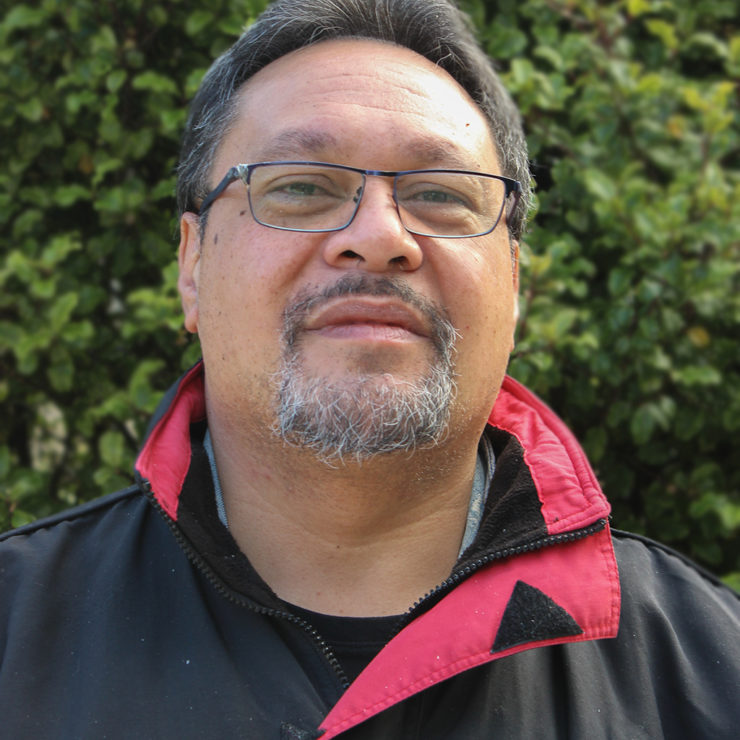
Ruia Aperahama
Ruia (Ngāti Pikiahu, Ngāti Waewae, Ngāti Tūtemohuta, Tūrangitūkua, Ngāti Kurī, Te Aupouri, Pohutiare, Ngāti Kahu, Muriwhenua, Ngāti Whātua) is an award-winning singer, songwriter, visual artist and illustrator, respected for his knowledge of Tikanga and Te Reo Māori. Ruia is also the Pou Tikanga for the Deep South Challenge.
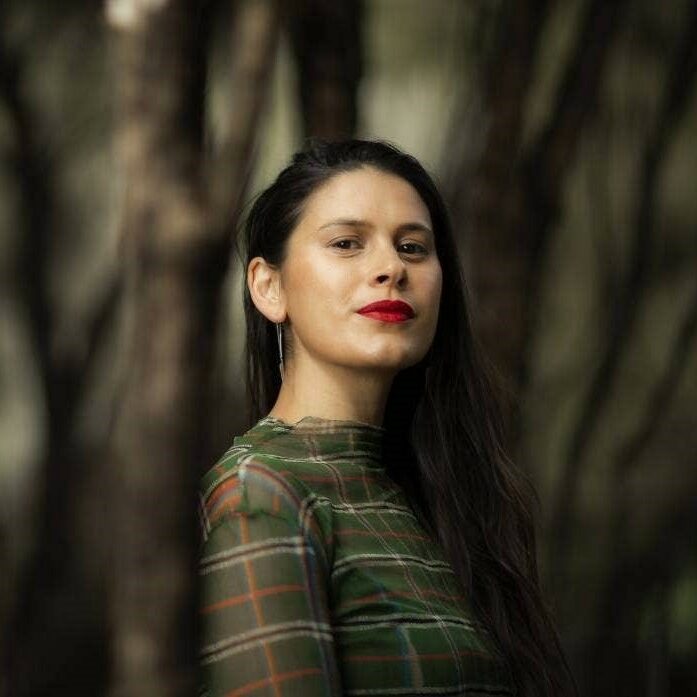
Māni Dunlop
Māni Dunlop, he uri o Ngāpuhi, has been a journalist and news presenter with RNZ for more than a decade. In 2020 she was made the first Māori presenter for a weekday programme on RNZ, for Midday Report, te Pūrongo o te Poutūtanga. She is the co-chair of Kawea te Rongo, the Māori Journalists Association, and often features at conferences and other events as a speaker on panels, or as MC and facilitator.
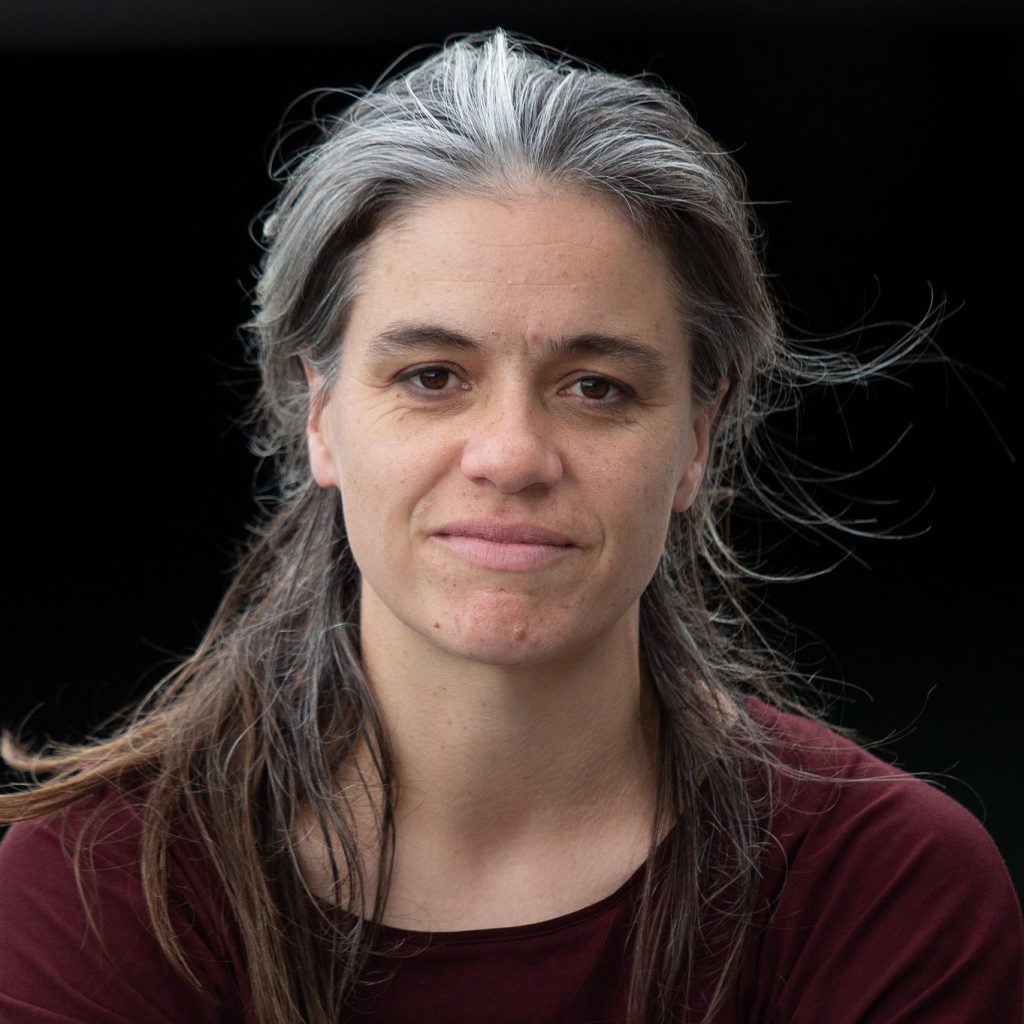
Alex Keeble
Alex (Pākehā) supports our Engagement Team to plan and create meaningful, whānau-friendly communications and engagement projects. Her approach to communicating about climate change and climate adaptation is informed both by research and by many years trialling tools and tactics at the flaxroots.
Podcast 2 | Ka mua ka muri, with Shaun Awatere, Jen Margaret and Māni Dunlop
Listen here:
To understand the paradigm within which we consider concepts of value, cost and risk, we need to grapple with our past and reconsider our present. In this second podcast, senior economist Shaun Awatere and Te Tiriti educator Jen Margaret look backwards and forwards, exploring how our economy and economic frameworks have evolved and been impacted by past decision-making, and what this could mean for our future with a changing climate.
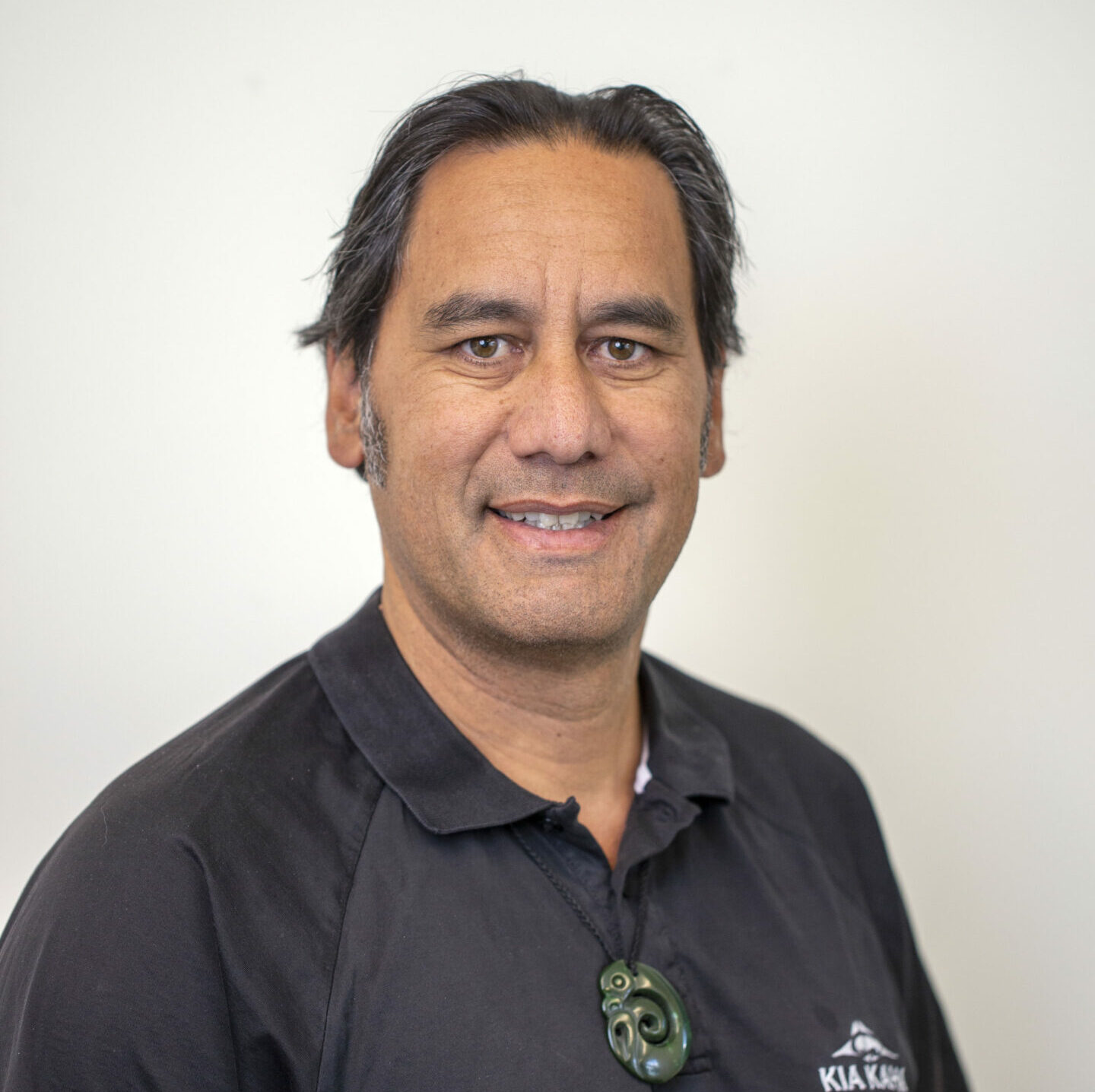
Shaun Awatere (Ngāti Porou)
Shaun is a senior kairangahau with Manaaki Whenua Landcare Research, holds the Climate Pou with Ngā Pae o te Māramatanga, and is on our Kāhui Māori. In his work, Shaun incorporates Māori values into economic decision-making for collective assets, enabling Māori organisations to make kaupapa Māori attuned decisions. He is currently engaged in research and policy to help prepare iwi and hapū for climate change mitigation and adaptation planning.
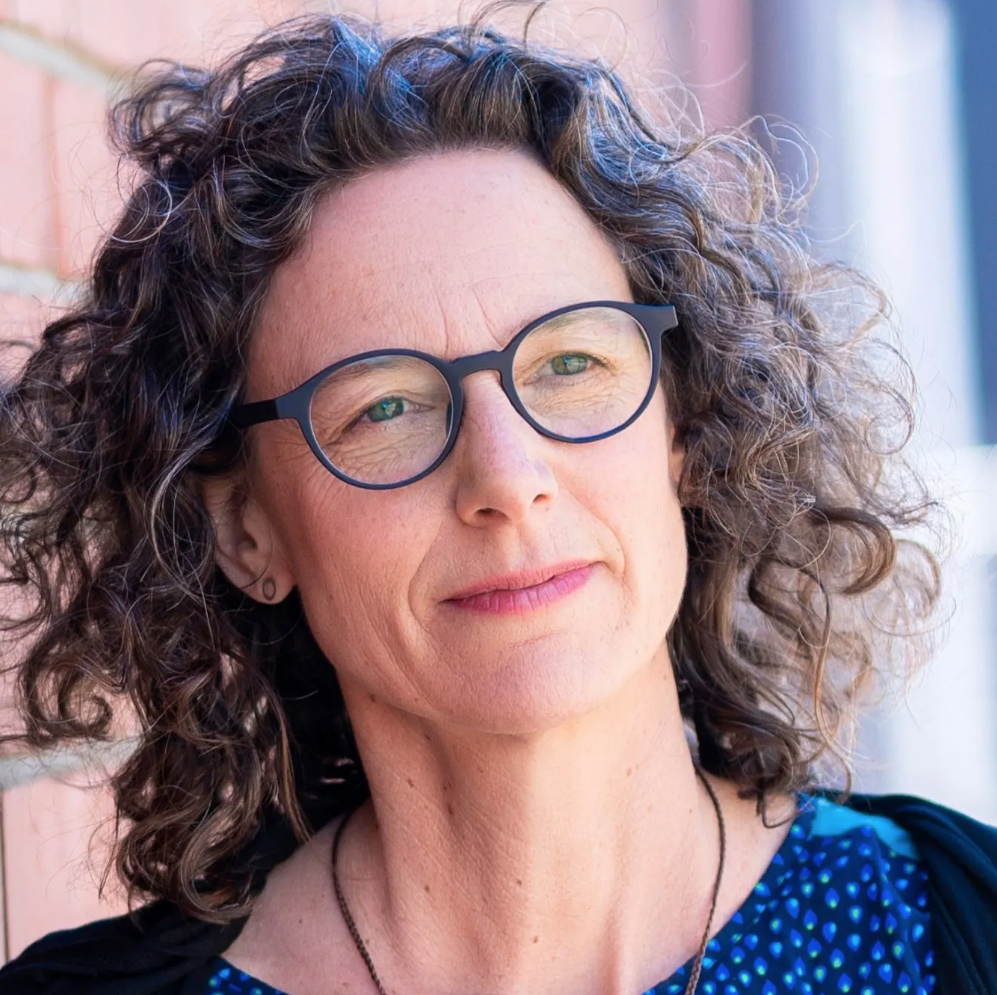
Jen Margaret (Pākehā, of Cornish, Scottish, Danish & German descent)
Jen Margaret is a dedicated advocate and educator for Te Tiriti o Waitangi, and is the founder of Groundwork. A recipient of Winston Churchill and Loxley Fellowships, Jen has researched the work of non-indigenous allies in North America, Australia and Aotearoa. She is driven by the question posed by her mentor Mitzi Nairn, “How might we be the honourable people rangatira thought they were entering into relationship with in 1840?”
Podcast 3 | Insurance for adaptation, with Ronji Tanielu, Carolyn Kousky, Belinda Storey and Kate Turner
Listen here:
How do we currently price, pay for and transfer “climate risk”? Are these methods reducing danger or delaying what we do about it? Insurance only works when you can afford it; who will be (or is being?) most harmed if we don’t support different ways of protecting ourselves and our communities? This third podcast, with experts from within and outside of the insurance industry, interrogate the role of insurance now, and what it might need to play an effective and equitable role in climate adaptation.
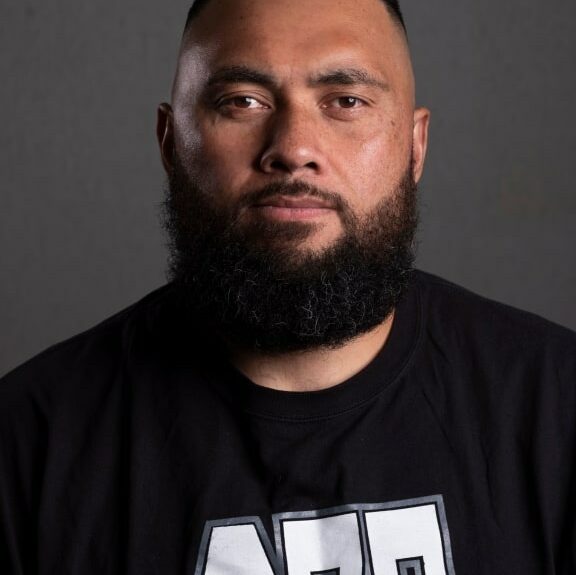
Ronji Tanielu
Ronji is the principal policy advisor for the Social Policy and Parliamentary Unit of The Salvation Army, based in South Auckland. He is a committed Christian who works in advocacy and policy around housing, justice reform, addictions treatment, financial hardship, welfare reform, youth, and children. His approach is to be positively disruptive to advocate for change to government, corporations, and other agencies focused on meeting the needs of the people served by The Salvation Army.
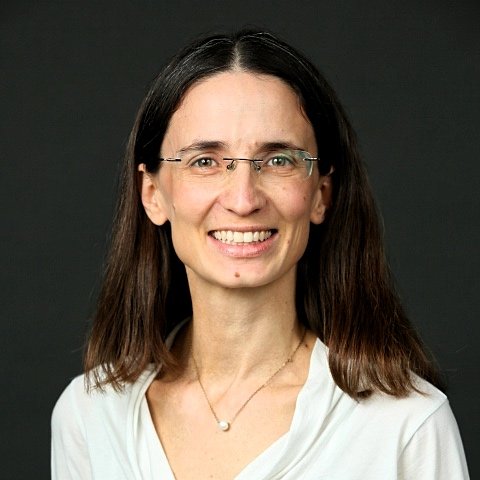
Carolyn Kousky
Carolyn is Associate Vice President for Economics and Policy at Environmental Defense Fund in the United States. Dr. Kousky’s research examines multiple aspects of climate risk management and policy approaches for increasing resilience. She has published numerous articles, reports, and book chapters on the economics and policy of climate risk and disaster finance. She is a co-editor of A Blueprint for Coastal Adaptation and author of Understanding Disaster Insurance: New Tools for a More Resilient Future. Dr. Kousky has worked with many communities on resilience strategies and developing inclusive models for insurance and disaster recovery.
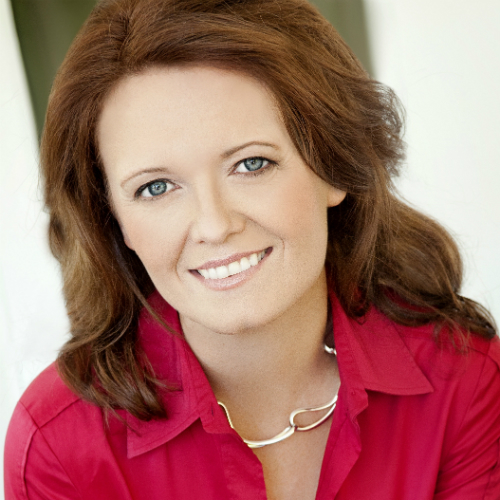
Belinda Storey
Belinda’s research centres on climate change risk. Her work focuses on the impact of escalating hazards on property prices and insurance availability, and the development of a new model for valuing property under climate change called “climate leases”. Belinda is Managing Director of both Climate Sigma, which conducts scenario analysis and asset valuation under climate change, and the Whakahura: Extreme Events and the Emergence of Climate Change research programme.
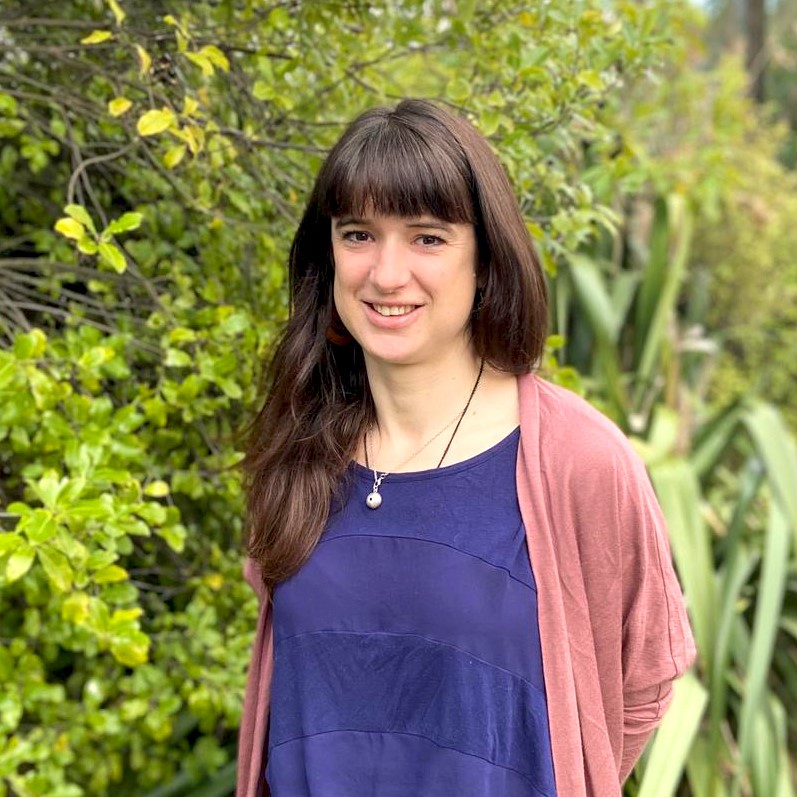
Kate Turner
Kate’s role, as the Challenge’s Climate Change Knowledge Broker, is to support researchers and stakeholders to navigate the often disaggregated world of climate change data, information and people. Kate is a Fulbright scholar from Ōtepoti (Dunedin) with a background in sea ice physics, and has spent time working with local knowledge holders on the ice in Alaska, investigating the extreme changes underway in their sea ice environment. She is motivated by science as a service to our communities and society, and how scientific tools and information can be mobilised for change.
Podcast 4 | Framing the costs of climate change, with Sacha McMeeking, Anita Wreford, Jodie Kuntzsch and Kate Turner
Listen here:
Everyone, from homeowners to policy makers, from marae committees to corporations, is asking, “How much will climate change cost us, and how much will it cost to adapt?” But are these the best questions?
Do we risk embedding an unbalanced future, because we’re struggling to step back and consider the full extent of what’s at stake? What would effective adaptation actually look and feel like?
This fourth and final podcast, with key thinkers in the space, examines what we know about “costing climate change”, what we don’t know, and how we can inspire momentum for change throughout our government, businesses and communities.
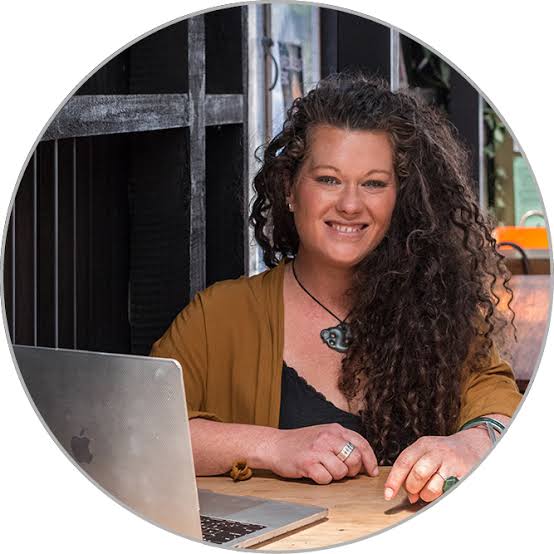
Sacha McMeeking
Sacha brings a serial entrepreneur’s approach to working with and for Iwi Māori. From instigating United Nations proceedings to architecting a Māori social enterprise fund and leading commercial negotiations, she is known for solution-building that meets Iwi Māori aspirations. Recognised as an emerging New Zealand leader, Sacha won the inaugural Fulbright Harkness Fellowship in 2010. Sacha is a change agent and compliments her varied background with a desire to support and grow the next generation of Māori scholars.
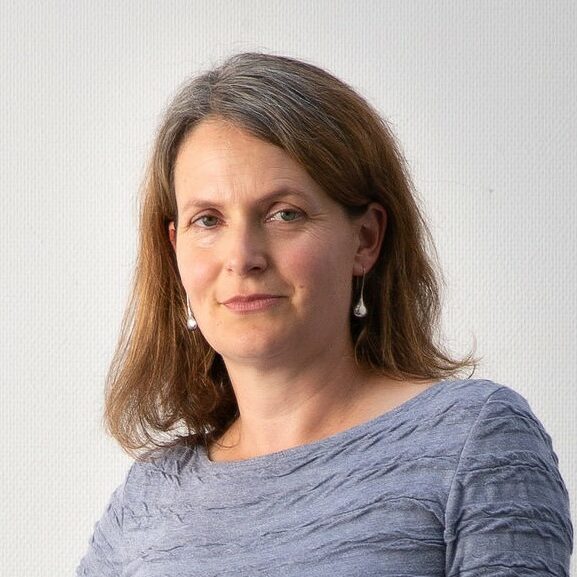
Anita Wreford
Anita Wreford, Lincoln University, is an economist and the leader of our Impacts & Implications programme. She’s experienced across many areas of climate change, including economic evaluations of adaptation; community resilience to extreme weather events; and adaptation decision-making among various stakeholders.
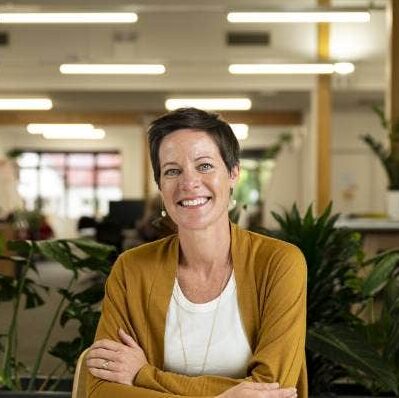
Jodie Kuntzsch
Jodie is dedicated to the adaptation and creation of a blue economy for Aotearoa, and has led collaborative projects from across the global seafood industry. Her career has focused on bringing together stakeholders to develop economically viable solutions to the sector’s urgent environmental, social and climate related challenges. Her work spans four continents and hundreds of marine farms, fishing vessels, seafood factories and businesses.

Kate Turner
Kate’s role, as the Challenge’s Climate Change Knowledge Broker, is to support researchers and stakeholders to navigate the often disaggregated world of climate change data, information and people. Kate is a Fulbright scholar from Ōtepoti (Dunedin) with a background in sea ice physics, and has spent time working with local knowledge holders on the ice in Alaska, investigating the extreme changes underway in their sea ice environment. She is motivated by science as a service to our communities and society, and how scientific tools and information can be mobilised for change.
Full-day symposium
Registrations are fully booked out. (We will be releasing videos of our keynotes and panels after the event, via our YouTube channel).
9-9.30am | Registrations, Tea & coffee, Sponsor a seedling
As a small gesture towards reciprocity, we’ll be inviting all participants to sponsor native seeds or a native tree. We’ll facilitate this on the day.
9.30-9.45am | Welcome and whakatūwhera
With our host for the day, Māni Dunlop
9.45-10am | Keynote: How is our current economic pathway creating our climate future?
We’ve invited a very special and internationally renowned guest to speak to the challenges ahead of us, whether we change our change our thinking or not, but especially if we do not.
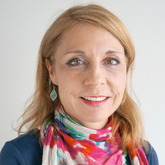
Koko Warner
Koko Warner is a climate change expert who specialises in human migration and displacement. She has worked in the United Nations for over 16 years, directing research on climate change and migration, and climate risk management, before joining the secretariat to the UN Framework Convention on Climate Change (UNFCCC) to supervise the climate impacts, vulnerabilities and risk policy workstreams in its adaptation division. Koko is currently leading UN work to implement the IOM Migration Data Strategy 2020–25 by bringing together IOM’s data expertise on data collection, analysis and sharing; migration data governance; and forecasting, among others.
Koko has contributed to understanding, managing, and informing policy about adverse climate impacts, climate change and migration, and loss and damage. Koko holds a PhD in economics from the University of Vienna and in 2014, was named by the International Council for Science as one of the top 20 women making contributions to climate change debate.
10-11.10am | Panel: A wider lens: How do we conceptualise the costs of climate change?
We know that work is getting underway across Aotearoa to quantify the costs of climate change, including the costs of adaptation or of failure to adapt. But how do we understand “cost”? Does it encompass the fullness of our environmental, human, social, cultural (and financial) worlds that are central to our experiences of and response to this crisis. Can our current economic thinking really lead to effective climate adaptation? If we can’t or don’t consider some costs, how can we ensure these are factored in our adaptation decisions?
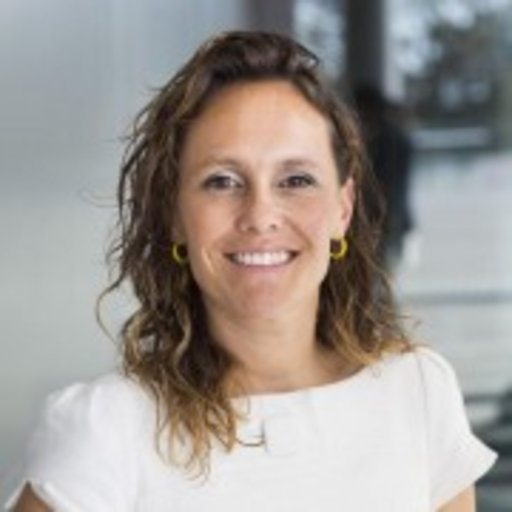
Kiri Dell (Ngāti Porou)
Dr Kiri Dell is a Senior Lecturer in the Business School at the University of Auckland. She is a Ngāti Porou woman living in her tribal territory of Ruatōria. Her main passion is working with whānau and activating their aspirations for whenua Māori. She holds various director, trustee and board roles across a number of organisations, and is a chair of the Indigenous Caucus of the Academy of Management. She has a lively and large whānau, which enables her to play the many roles of mum, aunty, daughter, sister, cousin and niece.
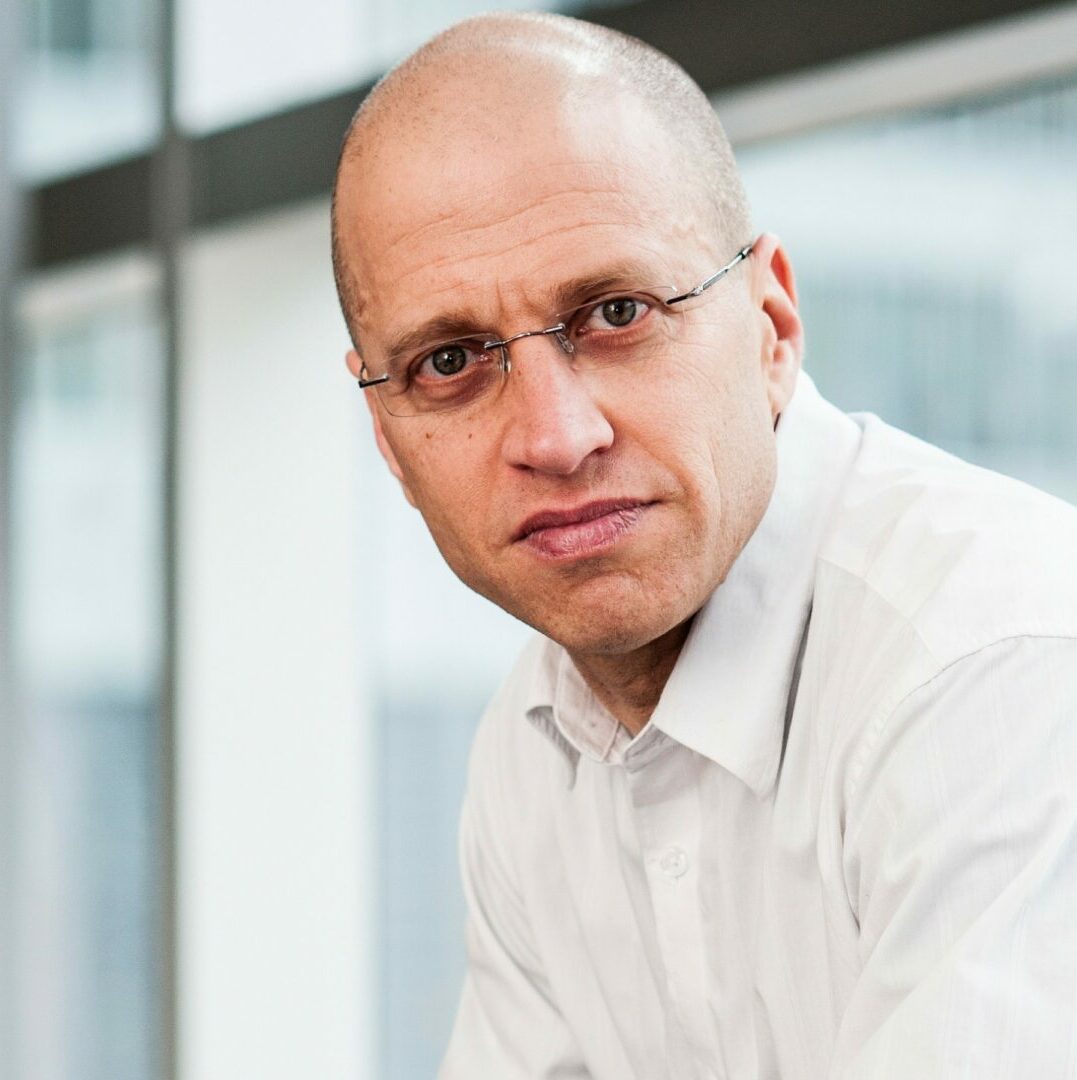
Ilan Noy
Ilan has been the Chair in the Economics of Disasters and Climate Change at Victoria University of Wellington since 2013. His focus is on the economic aspects of natural hazards, disasters, and climate change, and other related topics in environmental, development, and international economics. He is also the founding Editor-in-Chief of the journal Economics of Disasters and Climate Change. He has consulted for the World Bank, the Asian Development Bank, the Inter-American Development Bank, UNDRR, the IMF and ASEAN.
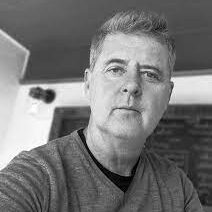
Mark Baker-Jones (Ngāpuhi, Ngāruahine)
Mark is a world-leader in climate change regulatory and policy risk, and Kaitohutohu Panoni Āhuarangi (Climate Advisor) with Te Whakahaere. Mark was political advisor to the Climate Change Minister during the development of NZ’s climate change legislative regime. Mark has held senior legal roles in some of the world’s most prestigious law firms, and has published widely on climate legal risk. He has unique insights into climate change legal risk, policy and regulation, particularly for the financial sector.
11.10-11.30am | Morning tea
Enjoy a light kai and return to your tables for our workshop session.
11.30am-12.45pm | Workshop: The experts are as lost as the rest of us!
A workshop to support you to uncover the drivers for and barriers to climate adaptive approaches, and brainstorming creative solutions.
12.45-1pm | Transition risk!
Our host Māni Dunlop will help you transition from workshop to lunch, energised enough to return with focus for our afternoon session.
1-2pm | Lunch
Earth-friendly kai from some of our best local producers.
2-3.10pm | Panel: Funding and financing the future
In the end, how can we overcome the current barriers to investment in and funding for climate adaptation? If we consider that the “costs” of climate change include environmental, human, social, cultural and financial costs, what innovative solutions are, or could be in play to respond equitably and effectively to this crisis? In this panel, we bring together possibilities and provocations that interrogate government policy levers, alternative business strategies, and private sector mobilisation.
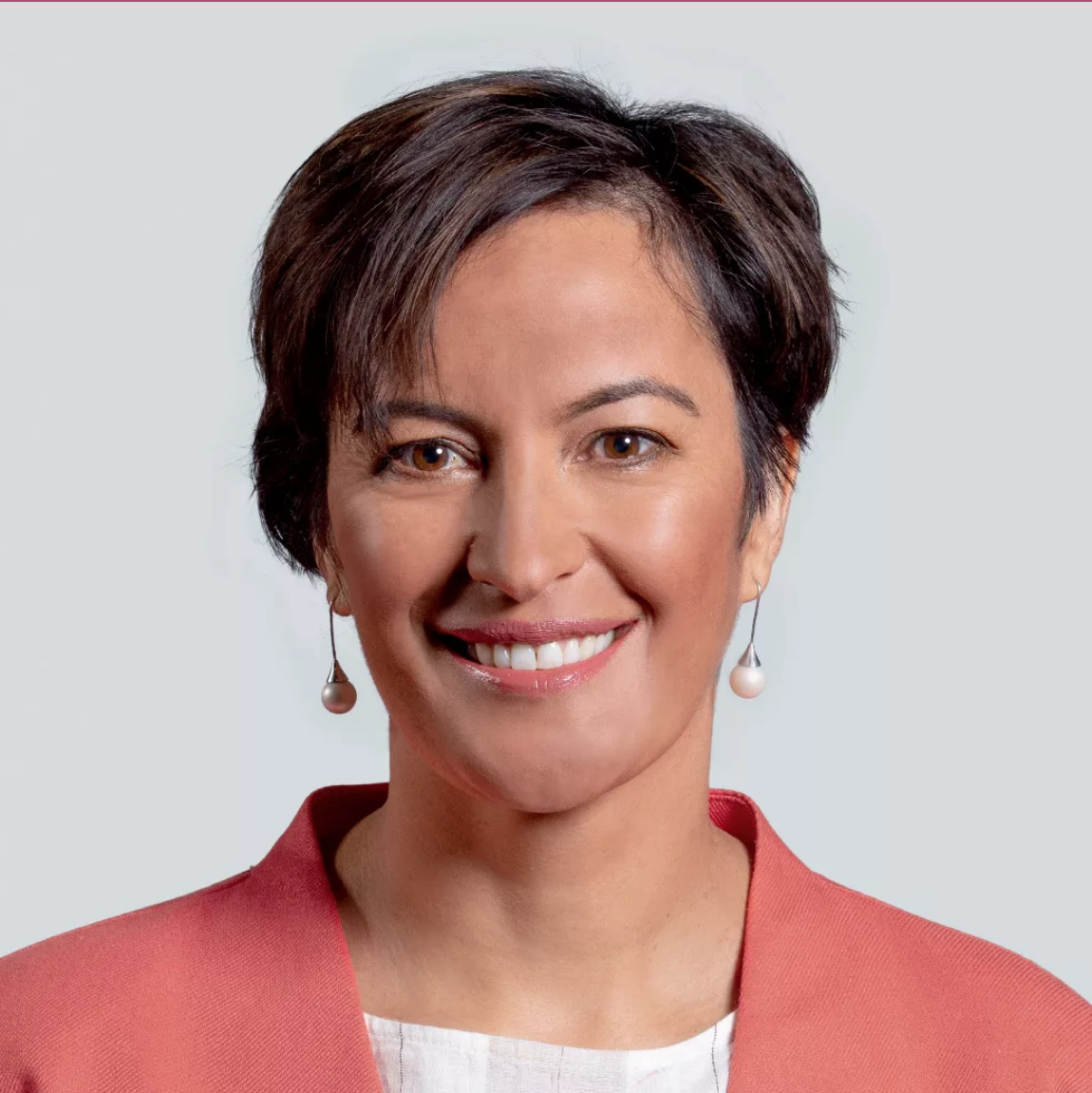
Riria te Kanawa
Riria is a partner at KPMG, whose work focuses on simplifying the complex so clients are better placed to make clear, focused and guiding strategic choices, map the pathway to achievement, and most importantly, execute. In a world of constant change, Riria helps clients to challenge their own status-quo and bring a customer- rather than a process-centric lens to their work. Riria is passionate about working with Māori, considering how business approaches and measures of success can better reflect our Māori worldview as we pursue the perfect balance between people, planet and pūtea.
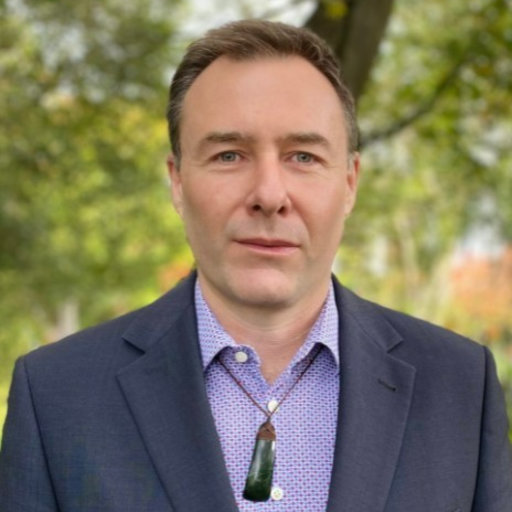
John Reid (Ngai Tahu)
John leads research programmes attempting to solve complex socioeconomic problems by utilising systems thinking and indigenous wisdom traditions. He has a particular interest in relationships between human and non-human beings and the role of appropriate technologies and insight in generating symbiosis between them. Currently, John leads national research programmes that bring together science, industry, and indigenous communities to address sustainability challenges related to New Zealand’s oceans, freshwater, land and biodiversity.
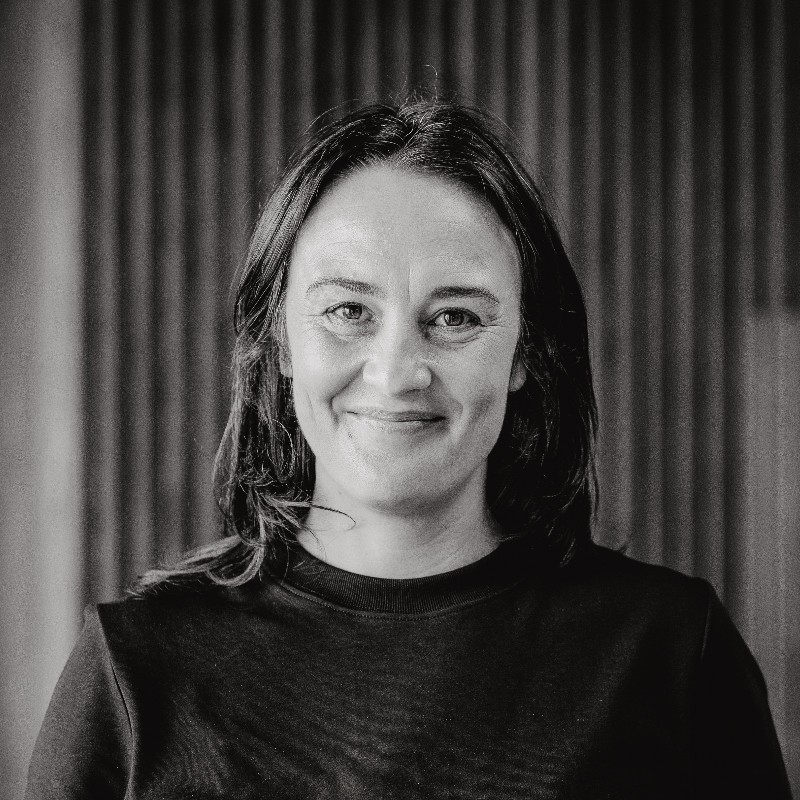
Jo Kelly
Jo is Chief Executive of Toitū Tahua, the Centre for Sustainable Finance. Jo has delivered cross-continent sustainability initiatives between some of the world’s best known business leaders. Jo is also on the B Lab Australia New Zealand Board and the National Advisory Board for Impact Investing. In 2011 Jo managed establishment of The B Team, which led the first calls from business for Net Zero by 2050 and an ambitious Paris Agreement. On returning home to Aotearoa NZ Jo spent four years with Deloitte New Zealand. Jo is of Ngati Tuwharetoa, Scottish and Finnish descent.
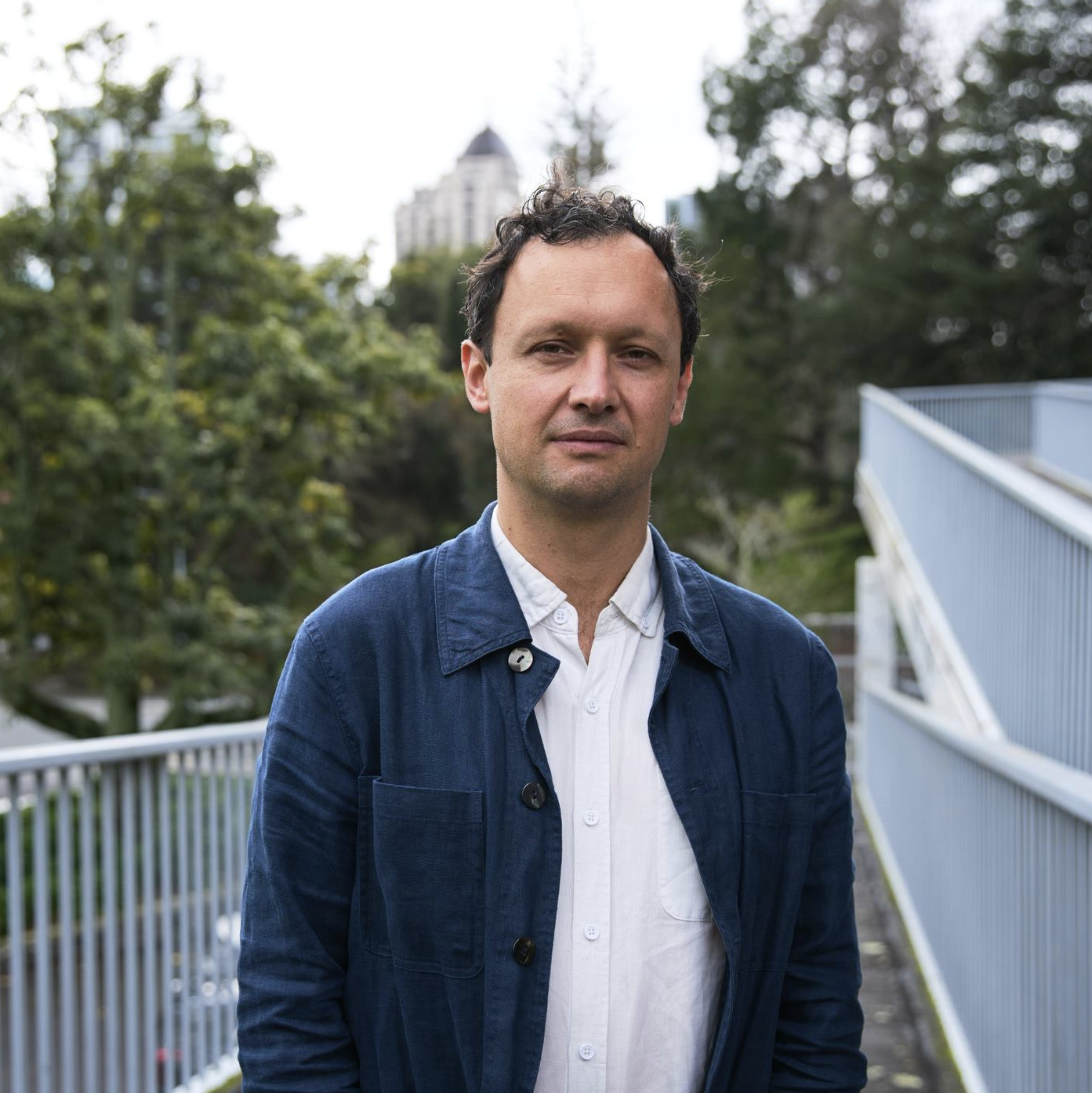
David Hall
Dr David Hall is Climate Policy Director at Toha with expertise in climate action, land use change, sustainable finance and just transitions. He has a DPhil in Politics from the University of Oxford and has additional roles as Adjunct Lecturer at AUT University’s School of Social Sciences & Public Policy, member of the Forestry Ministerial Advisory Group, Contributing Author to IPCC AR6 WG2, and Principal Investigator for AUT’s Living Laboratories Programme of nature-based solutions. Previously he has worked with a diverse range of public and private sector stakeholders on climate innovation and publishes widely in a range of academic and public-facing media, which includes the 2022 report, Adaptation Finance: Risks and Opportunities for Aotearoa New Zealand.
3.10-3.40pm | Afternoon tea
Enjoy a pick-me-up before our final keynote and brainstorming sesion.
3.40-4pm | Keynote: Sounds great, but can any of these ideas really work?
Firebrand finance journalist Shamubeel Eaqub will speak off the cuff, attempting to draw in the threads, expose them to the sun and the wind, and provide his perspective on the arguments and ideas of the day.
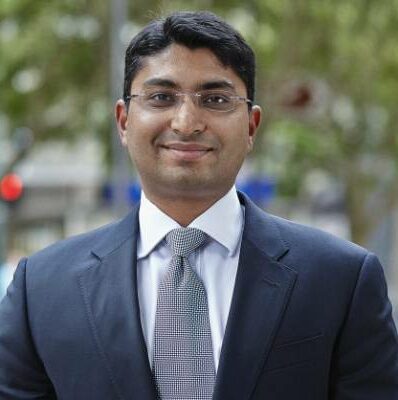
Shamubeel Eaqub
Shamubeel is an experienced economist who makes economics easy. He is a thought leader unafraid to take a contrarian view. An engaging and knowledgeable speaker, Shamubeel is a regular and respected contributor to media, government and business sector discussions on economic and strategic matters. He holds a BCOM with honours in Economics from Lincoln University and is also a Chartered Financial Analyst (CFA). Shamubeel has authored Growing Apart: Regional Prosperity in New Zealand, and co-authored Generation Rent and The New Zealand Economy: An Introduction.
4-4.45pm | Reflections
A brainstorming session to ensure we have captured questions that haven’t been answered, gaps in knowledge and research, contradictions and paradoxes, and to explore some practical options for change in your every day work.
4.45-5pm | Closing
We come back together to close the day and set intentions for the future.
5pm onwards | Refreshments at Te Papa
We invite you to enjoy refreshments and some more casual kōrero, to wind down for the weekend after an epic and hopefully inspiring day.
ABOUT OUR PRESENTERS
Māni Dunlop
Māni Dunlop, he uri o Ngāpuhi, has been a journalist and news presenter with RNZ for more than a decade. She joined RNZ as an intern in 2011, starting in the general newsroom and specialising in housing and social issues. Māni then moved into RNZ’s newly established Māori news unit, Te Manu Kōrihi, at the time and became Māori News Director in 2019. In 2020 she was made the first Māori presenter for a weekday programme on RNZ, for Midday Report, te Pūrongo o te Poutūtanga. She is the co-chair of Kawea te Rongo, the Māori Journalists Association, and often features at conferences and other events as a speaker on panels, or as MC and facilitator. Her true passion is her whānau whānui, rongoā Māori and the maramataka me ōna kaupeka.